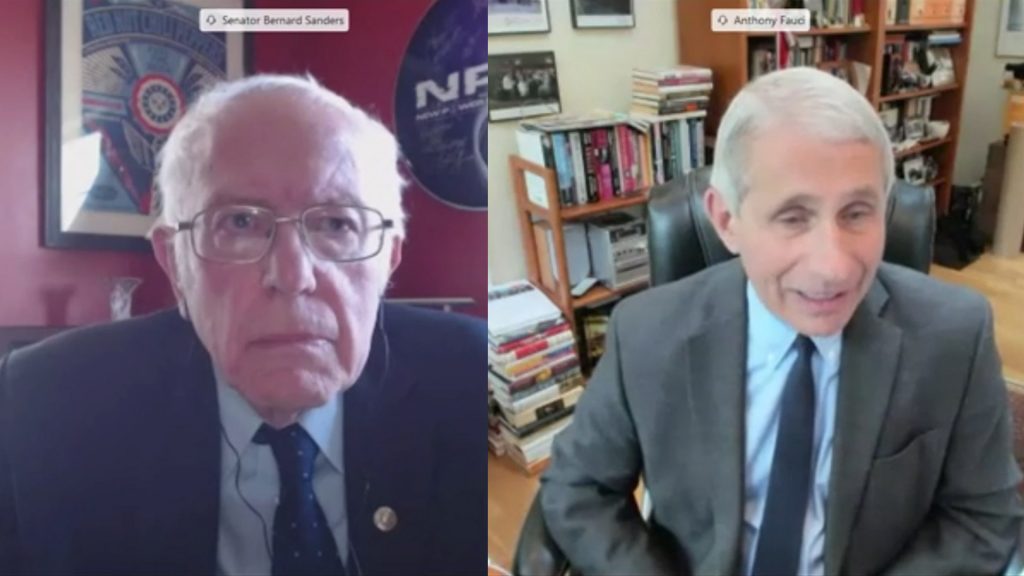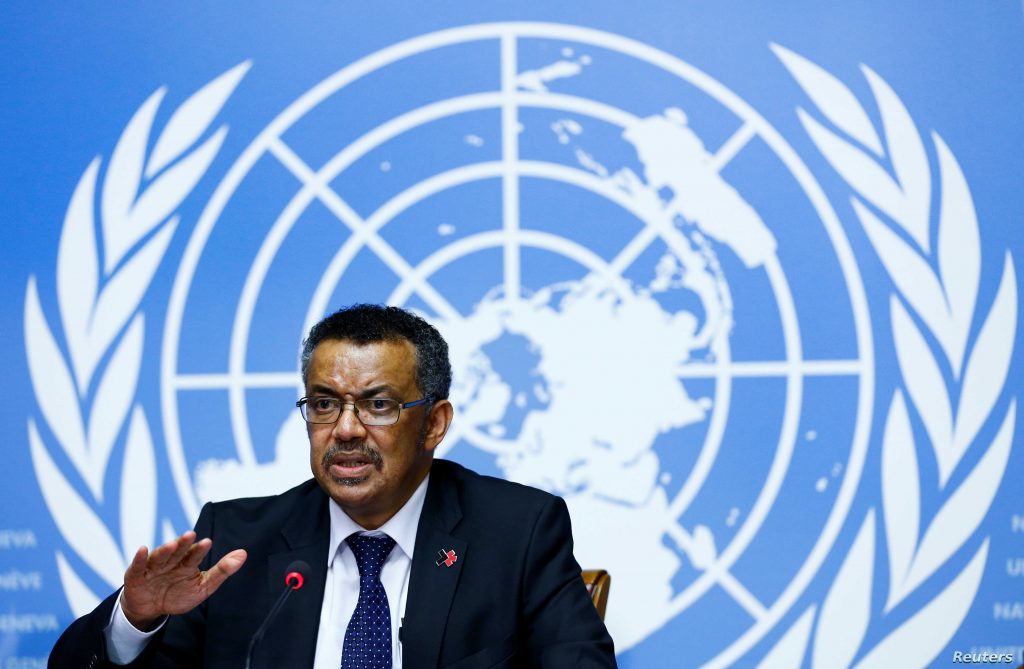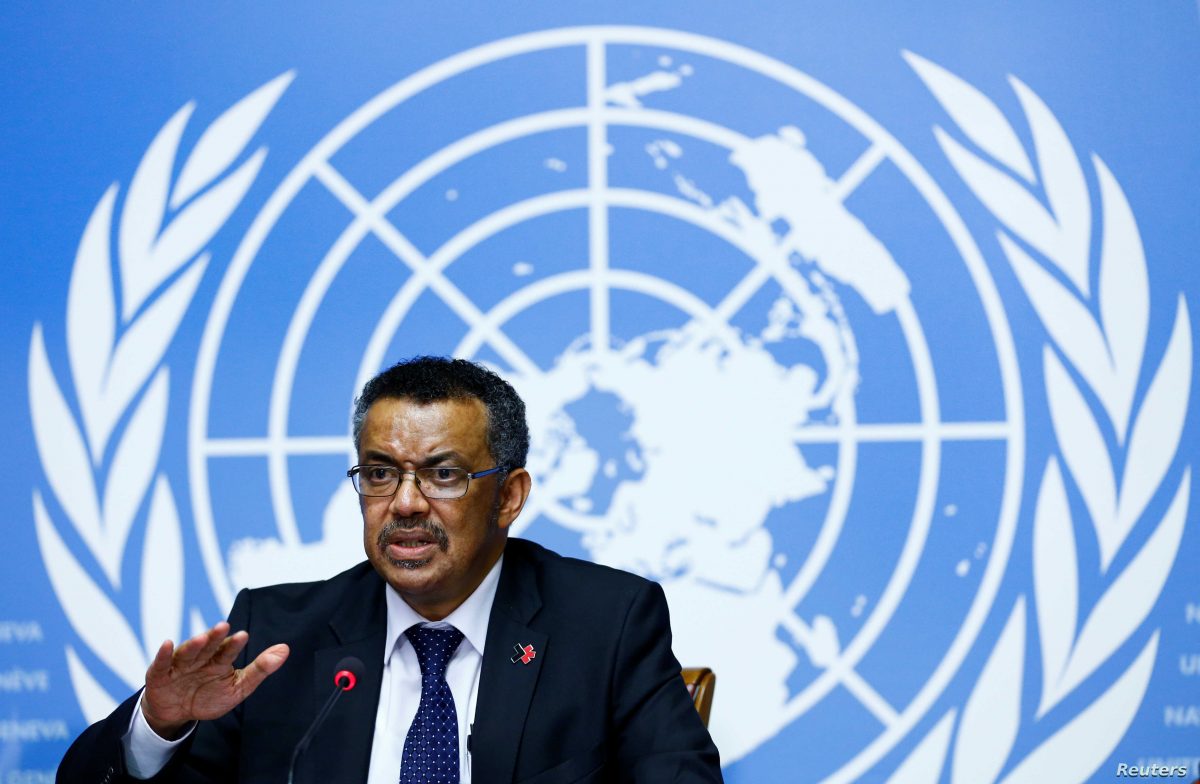
On May 12th, the Senate held a hearing on “COVID-19: Safely Getting Back to Work and Back to School,” chaired by Senator Lamar Alexander. At the hearing, Senator Bernie Sanders questioned FDA Commissioner Stephen Hahn: “I would imagine that that vaccine would be distributed to all people free of charge, or make sure at least that everybody in America who needs that vaccine will get it regardless of their income. Is that a fair assumption?” Hahn was evasive in his response, just as other U.S. officials (including Health and Human Services Secretary Alex Azar) have been regarding access to the vaccine.
After further questioning, Hahn argued that access to the vaccine is “not a responsibility of the FDA.” The rest of the panel, when asked to comment, remained silent. Pushed further, assistant secretary of Health and Human Services Brett Giroir said he would “advocate that everyone receives the vaccine regardless of income.” Unfortunately, that statement was the strongest assurance anyone in the administration has been able to offer regarding affordable access, which is not promising. It’s important that other elected officials continue to step up, as Senator Sanders has, and ask these questions on behalf of the people. Regardless, we’re trying to make the call for a free vaccine as loud as we can!

The World Health Assembly begins on May 18th, and the draft resolution on responding to the pandemic—co-sponsored by the European Union, the United Kingdom., Australia, and Zambia—approaches completion. As is typical, negotiations over the draft resolution have involved conflict over access to medicines policy and in particular compulsory licensing, a process by which governments can make patented medicines available off patent to better serve public health need. (Note: These rights, granted under the 2001 Doha Declaration, may apply in any case and not only, as is commonly misreported, in cases of emergency.) The United States, flanked by Japan and Switzerland, has been the most vocal opponent of the language in the resolution, which does not directly name compulsory licensing but implicitly supports its use. The United States and the European Union have also pushed back against Indonesia, India, and Bangladesh’s calls for clarity on data sharing and non-exclusive licensing, which would accelerate innovation and ensure access for their poorer populations. We find it promising that the current resolution has language sensitive to social justice and the rights of governments under the Doha Declaration; we hope that the Assembly next week will continue to push Member States in a progressive direction.

